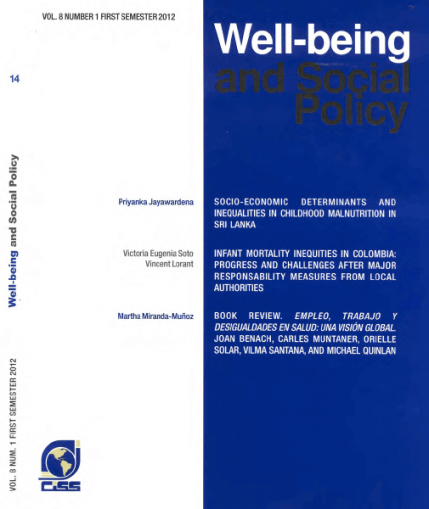
Despite countless initiatives to alleviate malnutrition over the years, it affects hundreds of thousands of children in Sri Lanka. Understanding the determinants of malnutrition and their contribution to socio-economic inequality in malnutrition is essential in targeting specific socio-economic groups to improve their nutrition levels. This study attempts to identify the socio-economic determinants and their contribution to the socio-economic inequality in childhood malnutrition, which is vitally important in reducing the disproportional burden of childhood malnutrition in Sri Lanka. The study uses the nationally representative Demographic and Health Survey (DHS) conducted in 2006/07. Decomposition analysis is carried out to measure socio-economic related inequality in childhood malnutrition as well as low weight births. Socio-economic status was measured using principal component analysis. Continuity of life cycle of malnutrition and intergenerational transmission are major causes of continuation of childhood malnutrition among lower socio-economic groups.
